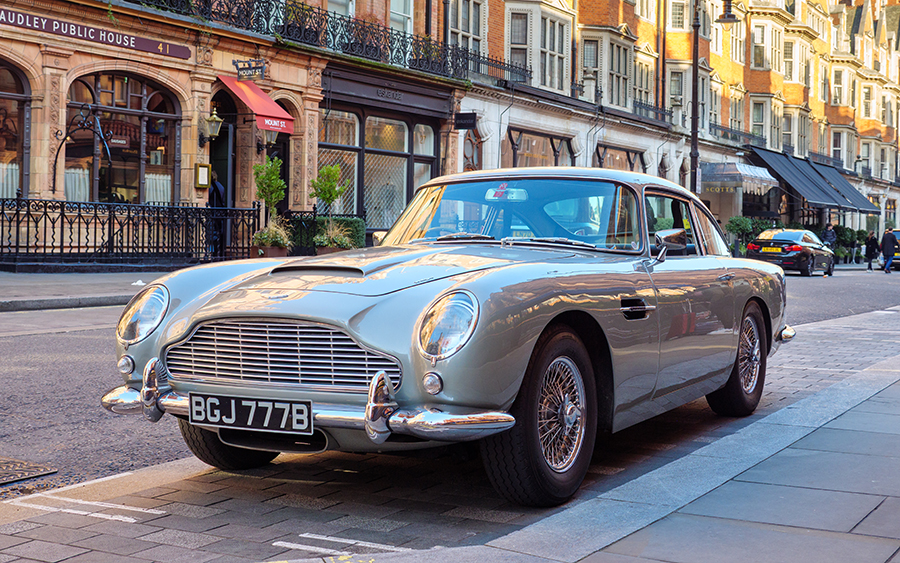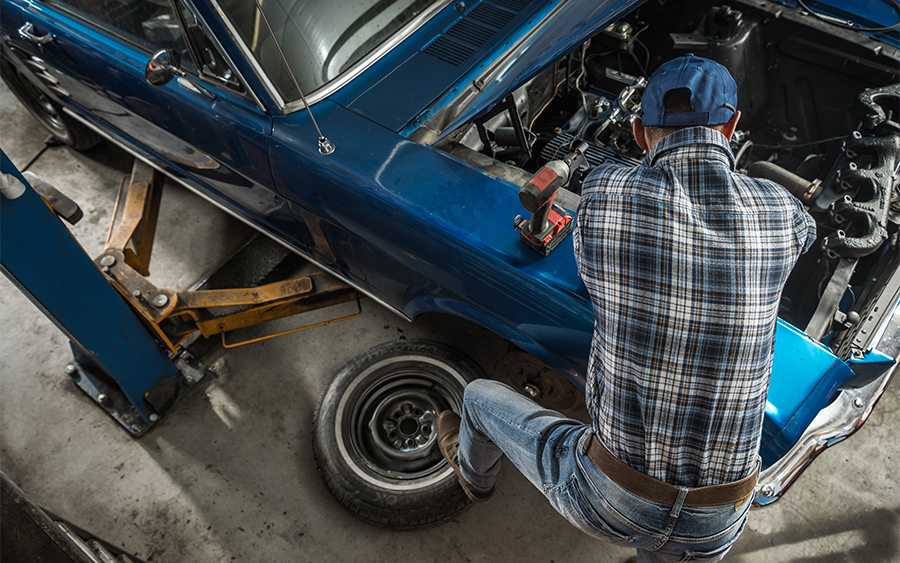

Do you remember Hot Wheels, the miniature die-cast cars? The ones you spent hours pushing forward and back, with your nose slightly above the carpet while the TV played in the background. How great life was back then. Before responsibility kicked in. We only knew 4x4s, not 9-5s. Life was simple then; cars were simple. Now we cross the road, looking right at the interchangeable stream of cars waiting for us to go. All different but in brand. Kias that look like BMWs and Mercedes that could pass for Skodas. We once knew cars by their faces, chrome smiles, wide-eyed headlights, and curves that felt like they were sketched by hand, not rendered by computers.
Back then, cars weren’t just machines; they had personalities. A glance at a silhouette could tell you the make, model, and the era it came from. Today, amidst a sea of efficiency-driven design, classic cars remain as cultural artefacts, moving canvases of craftsmanship and storytelling, reminding us of when cars were as much about identity as they were about transportation.
That loss of individuality isn’t just a design gripe; it’s a cultural shift. Classic cars didn’t just fill the roads; they told stories, shared in films, and preserved family histories. The DeLorean, Pontiac Trans Am, VW Beatle and the Aston Martin DB5, just by listing these icons, you can connect them to their rightful drivers and origin in visual media. Just close your eyes and you can almost hear them roar and come to life. You may even find yourself lucky and have a bit of the past with you at home. These cars are not just preserved in garages, but in memories, music, and cinema. Standing as physical links to the eras that shaped them.

Aston Martin DB5 parked in London
But this isn’t just a generational nostalgia trip. Statistics show younger enthusiasts are driving a new wave of appreciation for classics, not by preserving them in glass boxes, but by putting them back on the roads. This newfound love of vintage vehicles isn’t a side effect of a cost-of-living crisis; it’s a statement of identity. It’s a way to establish themselves in a world too quick to move on to the next trending item. Classic cars bring character, charm, and vibrancy onto the roads and into your lives.
Let’s be honest, classic cars may come with higher upfront costs, depending on the make and rarity, but that’s equally true for moderns - Audis will always be more expensive than Toyotas. What you’ll find is how classics can save you money in the long run. If your vintage is older than forty years, the UK government has allowed exemptions for both road tax and MOTs. This is an automatic saving of around £200 already and can be used to buy goodies for your car, fuel up for Sunday drives, or go toward any restoration costs. Insurance can be cheaper too, especially if you don’t drive it every day, and unlike modern cars that lose value the second they leave the dealership, many classics hold their worth, sometimes even going up. On top of that, there’s something quietly green about keeping an old car alive, its manufacturing footprint was paid for decades ago, and with the low mileage most classics see, you’re not polluting the roads as much. All of this adds up to one thing: these cars aren’t just affordable, they’re sustainable, and their value grows as they’re cared for over time.
Restoration is a huge part of the vintage lifestyle. The hours spent perfecting your car is a feeling like no other. The blood, sweat and grease poured into this motor, bonding your soul for life. When the paint wears off, the bumper gets scuffed, the oil needs replacing, and there’s no one you trust to help repair your car, these laborious hours are not so laborious for you. Even when classics are beyond your expertise, or have been written off the road, they’ll sit in the garage until the day they can roll again. You never give up on a classic car.

Restoring a classic car
For many, owning a classic is less about horsepower and more about character; it’s a tangible escape from algorithm-designed sameness. This resurgence isn’t just isolated to petrolheads in their twenties. At our own auction house, we've witnessed a broadening of interest: families seeking restoration projects, retirees revisiting the cars of their youth, and first-time buyers aiming to own a slice of rolling history. Chris Evans, for example, once displayed his impressive Ferrari collection on Top Gear, a reminder that some see these cars as lifestyle statements. The classic car has transformed from a collector’s luxury to a symbol of personal storytelling.
So why do classic cars still matter? It’s because they’re so much more than metal. They are memories we live in. They’re moments we can still touch. They’re us. In a world that is constantly changing itself, rewiring, reinventing, going faster, newer, and smarter, there’s something quite rebellious about holding onto something old. Something that rattles a little when it starts, something that doesn’t apologise for its quirks or tries to blend into the lookalikes. Something that asks for your time, your patience, your care. Classics teach us how to value the imperfect. They remind us that identity isn’t something that can be downloaded; it’s something you build. Value isn’t written in pounds, but in stories, in scars, in the shared moments between human and machine.
Classics don’t just take us from point A to B. They take us all the way back. To simpler times, when your dad first threw you the keys, to the smell of fuel and burning rubber, to the noise of the engine kicking back to life after months spent in the garage. These cars are reminders that driving used to be more than getting to a destination; it was about how it felt getting there.
Whether you’re restoring one with the family, showing them off at car meets after years of saving, or simply admiring one parked at the auction lot. They speak without CarPlay, and they move us, long before they’ve moved themselves. These cars survive because people care enough to keep them breathing, and that is why classics matter.
View our Auction Calendar for upcoming Classic Sales
Published 29/08/2025